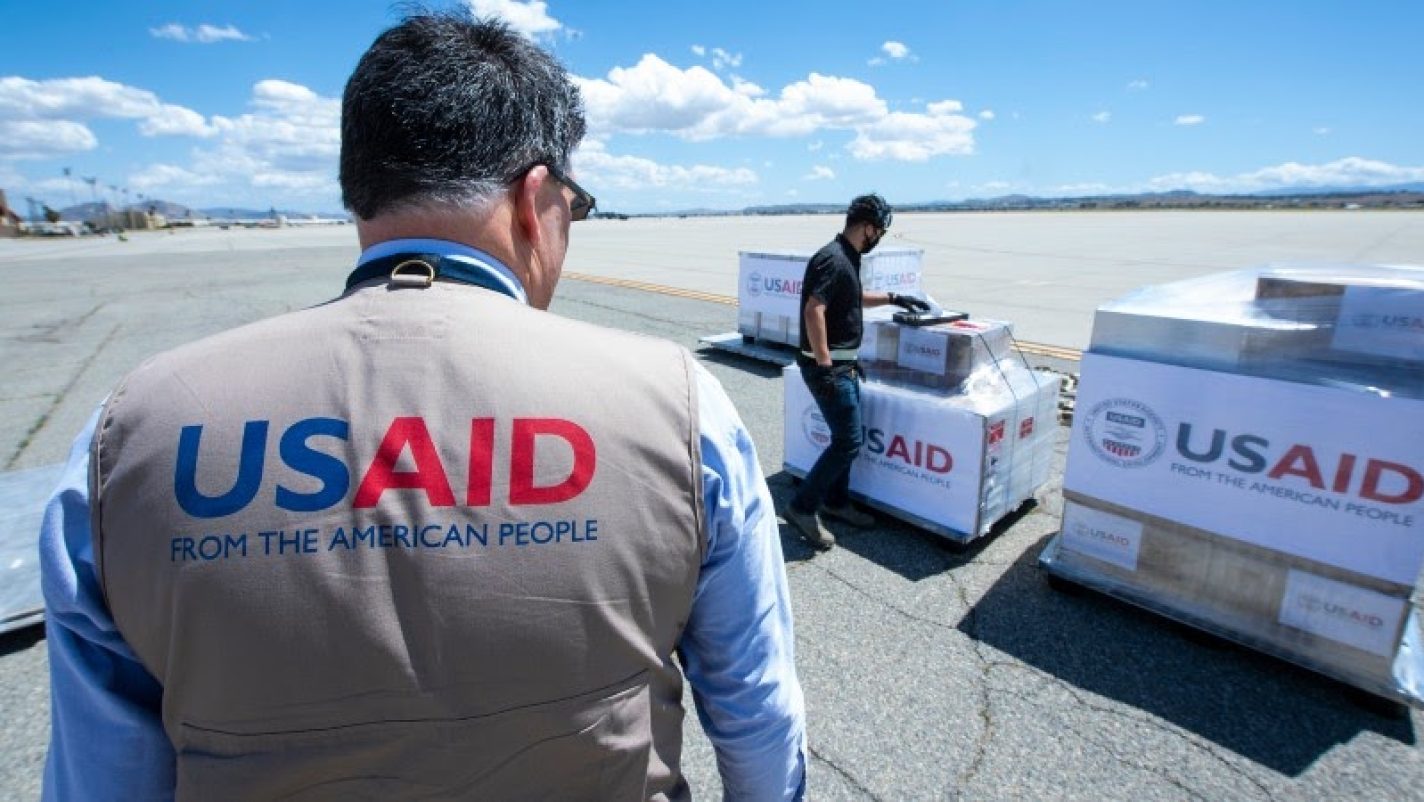
The United States Agency for International Development (USAID, with its recently concluded “Feed the Future Nigeria Agribusiness Investment activity” mobilized $244 million in agricultural investments in Micro, Small, and Medium scale enterprises (MSMEs) in Nigeria.
The initiative which lasted for five years supported over 18,000 MSMEs across seven Nigerian states, namely Benue, Cross River, Delta, Ebonyi, Kaduna, Kebbi, and Niger.
These small businesses, often the backbone of local economies, experienced a significant improvement in their operations.
The capital investment in the agricultural sector enabled MSMEs to have greater access to capital and ensure operational growth in the sector.
This initiative’s achievements can be attributed to the collaborative efforts of USAID, the Nigerian government, federal and state ministries dedicated to agriculture and food security, and the private sector.
They united their efforts to amplify agricultural productivity, extend market prospects, elevate nutritional standards, and simplify financial resource accessibility
Moreover, Michelle Corzine, as the Director of the USAID/Nigeria Economic Growth and Environment Office, underscored the significance of ongoing cooperation between the public and private sectors.
She said,
Nigeria’s economy relies heavily on agriculture, with nearly 35% of its workforce engaged in this sector. The sector also accounts for about 23.69% of the country’s gross domestic product (GDP), estimated as one of the highest contributors to Nigeria’s GDP.
Nevertheless, it confronts obstacles like exorbitant operational costs, constrained financial access, and regulatory intricacies.
The Senior Special Assistant to President Bola Tinubu on Community Engagement (North Central), Abiodun Essiet,…
The Minister of Information and National Orientation, Mohammed Idris, has warned politicians against linking stampedes…
Tobi Adegboyega, founder of the Salvation Proclaimers Anointed Church (SPAC Nation), has stated that he…
The Independent Petroleum Marketers Association of Nigeria has said that petrol is going to sell…
The former vice president made this disclosure in a statement on Sunday, reacting to the…
PRESS STATEMENT Nigerian Breweries PLC - The pioneer and largest brewing company in Nigeria which is…